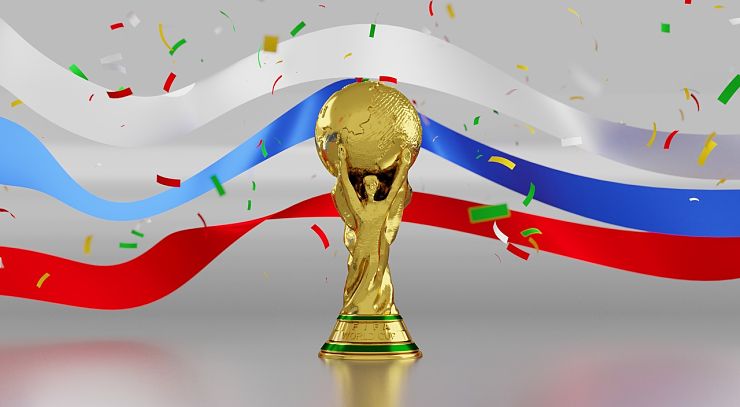Condo fees that come due after a Chapter 13 bankruptcy is filed are discharged at the conclusion of the case. In a victory for condo owners, the 9th Circuit Court of Appeals ruled that the more expansive Chapter 13 discharge trumped a bankruptcy statute sticking condo owners with the fees.
Or really, this is a victory for people who no longer want to own a condo but title lingers in their names long after they’ve given up on ownership. Bankruptcy had been an uncertain tool for shedding the HOA entanglement that comes with condo ownership. No longer.
Now, it’s clear that Chapter 13 is effective to cut off ongoing liability even while the property remains titled to you.
HOA dues after filing bankruptcy
The appeals court ruled that the HOA debt that arose during the case is wiped out as a personal liability of the homeowner by the Chapter 13 discharge. [There was no question that the unpaid HOA dues owed from before the case was filed were discharged.]
Any rights the homeowner’s association has in the condo itself under state law or the CCR’s of the development survive. But the HOA is prohibited from asserting those fees against the debtor individually.
As a result, this debtor, whose Chapter 13 plan proposed to surrender the condo and made no provision for ongoing HOA dues, had no responsibility for the four years of fees that piled up before the lender foreclosed. The debtor lived elsewhere all this while, so she didn’t benefit from the delay in foreclosing.
She did, however, get a genuinely fresh start, at plan’s end.
Cleaning up after Congress
The Goudelock decision resolves one of the lingering “messes” from the sloppily written bankruptcy amendments of 2005. BAPCPA added to the list of debts not dischargeable
(16) for a fee or assessment that becomes due and payable after the order for relief to a membership association with respect to the debtor’s interest in a unit that has condominium ownership, in a share of a cooperative corporation, or a lot in a homeowners association, for as long as the debtor or the trustee has a legal, equitable, or possessory ownership interest in such unit, such corporation, or such lot, but nothing in this paragraph shall except from discharge the debt of a debtor for a membership association fee or assessment for a period arising before entry of the order for relief in a pending or subsequent bankruptcy case;
The discharge in Chapter 13 is different from that in Chapter 7, and generally more expansive. Section 1328(a) ticks off a much shorter list of debts not discharged in Chapter 13.
the court shall grant the debtor a discharge of all debts provided for by the plan or disallowed under section 502 of this title, except any debt—
The HOA provision of §523(a)(16) we saw above isn’t listed in the Chapter 13 exceptions to discharge.
But an earlier decision of the Bankruptcy Appellate Panel in Foster had held otherwise.
Hurdles to get to discharge
So, the questions the 9th Circuit panel had to answer included
- when did the homeowner’s debt to the condo association arise, before or after the bankruptcy was filed?
- was the omission of HOA dues from the exceptions in §1328 just a drafting mistake by Congress?
- did the HOA’s rights in the condo itself alter the analysis of the effect of the discharge?
The HOA debt had its origin in Ms.Goudelock’s purchase of the condo, the court reasoned, so it really was a prepetition debt. (Post petition debts generally aren’t included in the Chapter 13 discharge.)
The dues may be unmatured at filing, and contingent on continued ownership of the unit, but they arose before the bankruptcy was filed.
The court rejected any argument that the Congressional failure to list HOA dues in the exceptions to Chapter 13 discharge provided any cover to the HOA.
Finally, the court reminded the HOA that its rights as a secured creditor in the condo were unaltered by the bankruptcy discharge, and thus the ruling didn’t run afoul of the Constitution’s prohibition on taking private property.
The HOA after bankruptcy
While the debtor’s life was made simpler by this decision, other lives are complicated.
Washington state law makes any subsequent owner of the condo responsible for the unpaid dues. One wonders if the foreclosing creditor paid up, or whether the new owner needs to pony up the four years’ worth of dues.
More
Keys to a successful Chapter 13 plan
How to interview a bankruptcy lawyer
Get the timing right for your bankruptcy case






